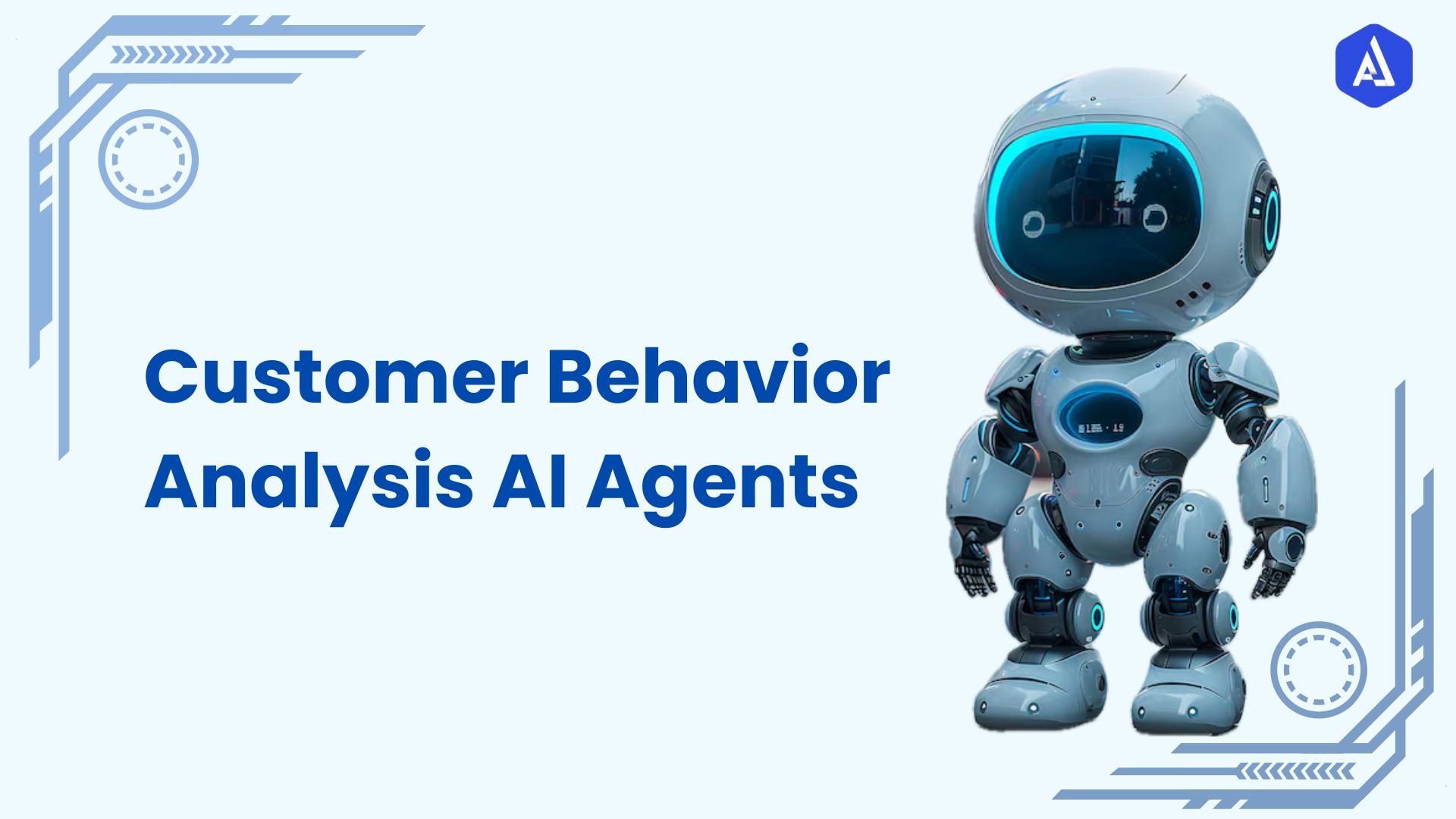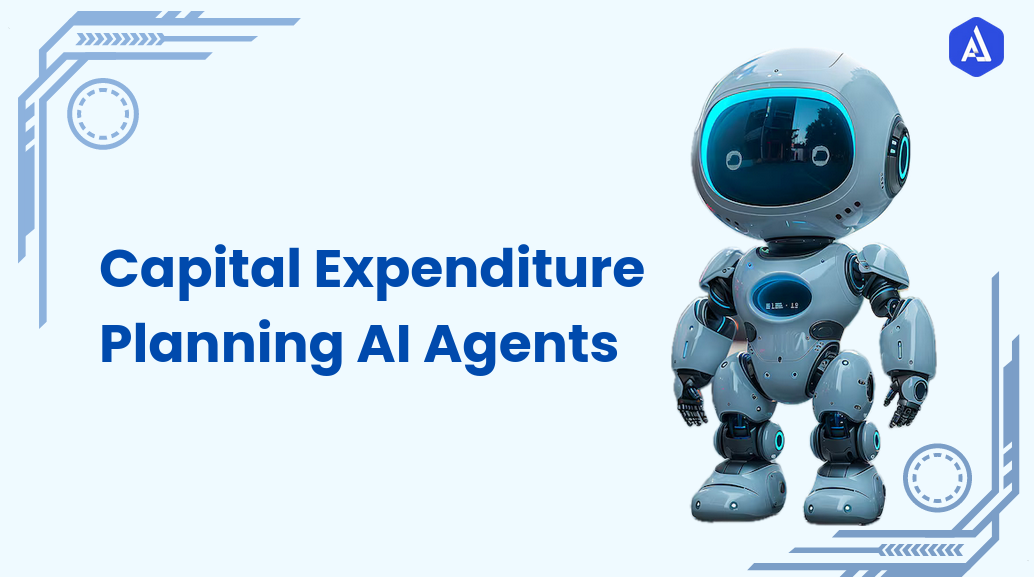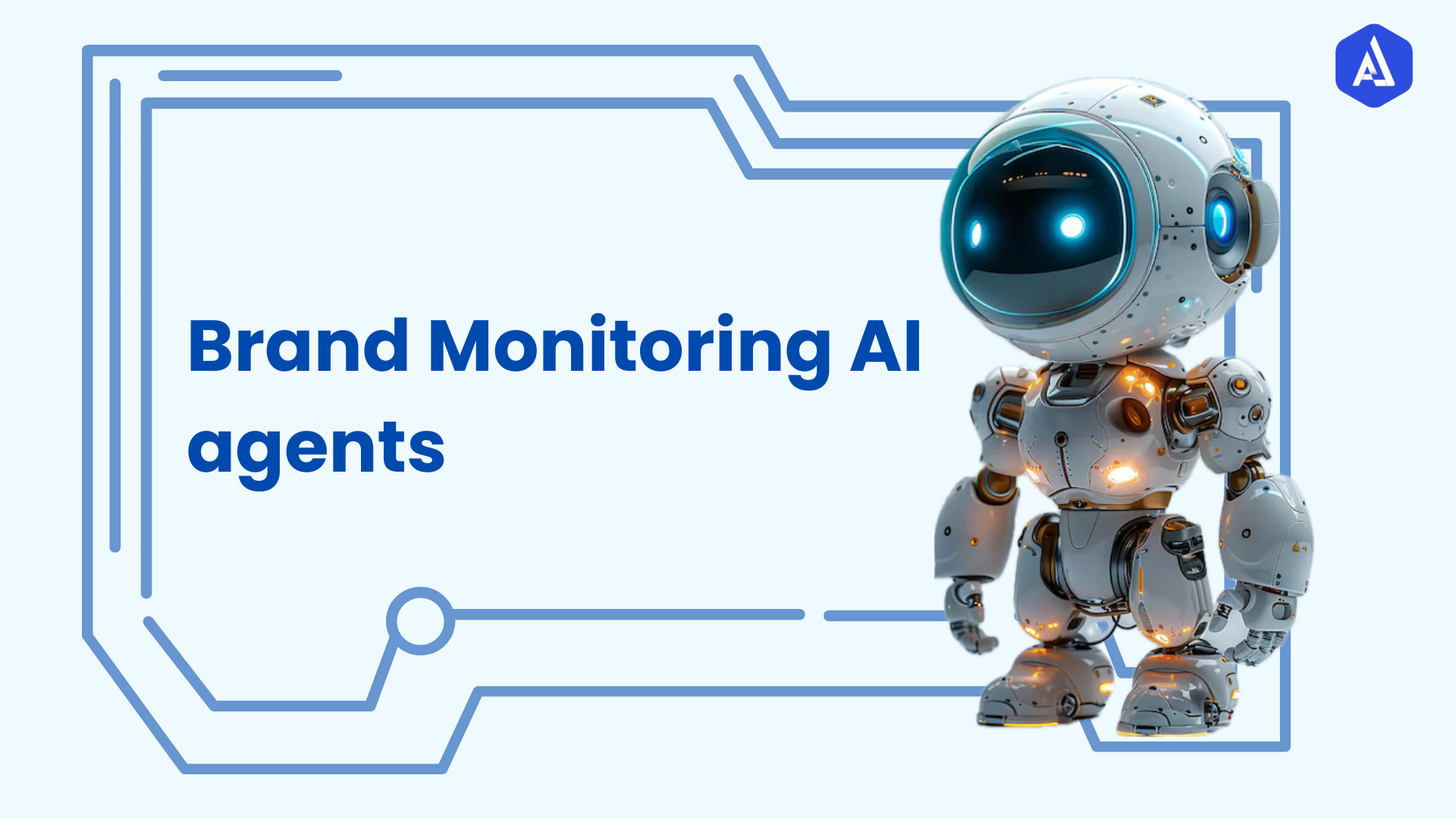Introduction
The Akira Data Agent is a semantic computing tool whose primary goal is to present SQL statements to and process datasets relevant to them efficiently. Thanks to the improved algorithm and analytics, it is easier to arrange data processing and modelling of the information flow for decision-making as early as possible in various areas.
Agent Overview
The Akira Data Agent plays a decisive role as being an executing agent for SQL on relevant data sets. Its intended use is to search a specific amount of data and also do various operations in SQL by using an interface that is very simple to use. Being based on stabile database technologies, this agent enhances data search and handling facilities so that users can extract valuable information from the vast storehouses of information. The supporting technology consists of the management of connection with databases, engines and techniques for querying, and other methods of constructing the fastest and best tools for information retrieval.
-
Database Connection Management: Effectively handles interactions with numerous forms of databases, and delivers data source access.
-
Query Processing Engines: It develops the run time SQL queries to increase the speed and frequency with which data and information is accessed.
-
Data Caching Techniques: Applies caching for routine data so that response/ information retrieval is faster and much more efficient.
Incorporating these technologies, the Akira Data Agent develops a seamless context of data navigation and allows users to extract valuable data to apply in decision making.
Use Cases
The Akira Data Agent can be utilised in various scenarios, including:
-
Business Intelligence: Using SQL to pose queries which creates sales figures so that the firm can draw some conclusion Seven.
-
Data Migration: Running queries through the agent to help in load transfer services of data from existing systems to new databases.
-
Customer Analytics: Using customer big data for segmentation and targeting and enhancing intent-to-purchase on products and services.
-
Reporting: Preparation of performance reports through using different, complicated SQL queries in order to present condensed details.
-
Research Analysis: Helping a researcher to search for appropriate data for academic purposes so as to enable a researcher to get accurate results.
-
Fraud Detection: The agent in the field of finance and electronic commerce areas can be utilized to search for queries that discover unreasonable toggling transaction that organization can quickly classify as frauds.
-
Operational Efficiency: This means that, through pulling data, companies can be able to discover new patterns of work that has delays or even weak links. Automation of this analysis using the Akira Data Agent means that organisations can improve productivity through change implementations.
Tools
The Akira Data Agent employs several tools and technologies, including:
-
SQL Database Management Systems (DBMS): For instance, Microsoft SQL server, MySql, or PostgreSQL, which give the framework for data storage in the organisational framework.
-
Query Execution Engine: Improves the management and execution of intensively tested SQL queries in order to improve their performance.
-
Data Visualisation Tools: Secures compatibility with other analytically oriented products such as Power BI or Tableau to render data in an easily understandable format.
-
API Interfaces: Ensure that the agent is able to easily interact with other application or service also.
-
Data Caching Mechanisms: Improve speed through caching often used information for faster access instead of reduced time looking for them.
-
Data Integration Tools: These tools include Apache NiFi or for paid use, tools like Talend that ensure that data from the various sources is ingested into the system. They facilitate the data management process and make sure that the Akira Data Agent gets the right data set collection.
-
ETL (Extract, Transform, Load) Processes: These processes are important for data preparation in order to put the agent in a position to be able to get data from different sources, transform them into its final form, and load them into target databased. This increases data accuracy and standardization since data is only stored in one place.
-
Machine Learning Algorithms: Machine learning capabilities can be integrated into the agent so as to take on data mining to discover patterns and trends useful in business planning and problem solving.
-
Metadata Management Tools: These tools facilitate management of metadata as well as its availability in due context to the users. It helps with the management of data, and, as such, it helps with improving data governance and the management of data in general.
Benefits and Values
The Akira Data Agent offers numerous advantages, including:
-
Increased Efficiency: Facilitates the keen performance of operations in declaring and executing SQL queries free from fatigue.
-
Enhanced Data Accuracy: This ensures that on errors that are usually occasioned by manual search for data in the database are greatly reduced.
-
Cost Reductions: Disperses a number of large Operational Processing Teams that might be needed in the processing of necessary tasks and at the same time, decreasing Operational Costs.
-
Improved Decision-Making: It provides the appropriate knowledge for the correct time and helps an organisation to make correct decisions at the appropriate time. Scalability: Scales of the datasets and utilisation of them so as not to cause a degradation of the performance indexes.
Usability
To get started, provide two key pieces of information:
-
Dataset Name: The name of the specific dataset, which you wish to interrogate.
-
SQL Query: A statement that is used in the database to select or manipulate the data you want within the database using SQL language.
After you provide these inputs, the agent follows a series of steps to execute your query and deliver the results:
-
Data Retrieval: Within a very short time, the agent synchronises to the platform and retrieves relevant data for a dataset from your specified dataset in portions to enhance efficiency.
-
Data Loading: Collected data is stored into a staging temporary in-memory database to enhance query performance.
-
Query Execution: It’s an in-memory database, which means your SQL query gets executed on the main memory allowing you to perform complex manipulations on the data.
-
Result Return: Lastly, the agent presents the outcomes of query, in one format or another, to facilitate follow-on analysis or reporting, or any use you may have for it.


